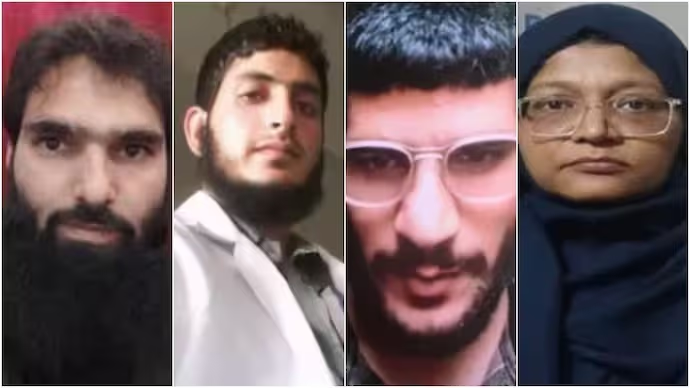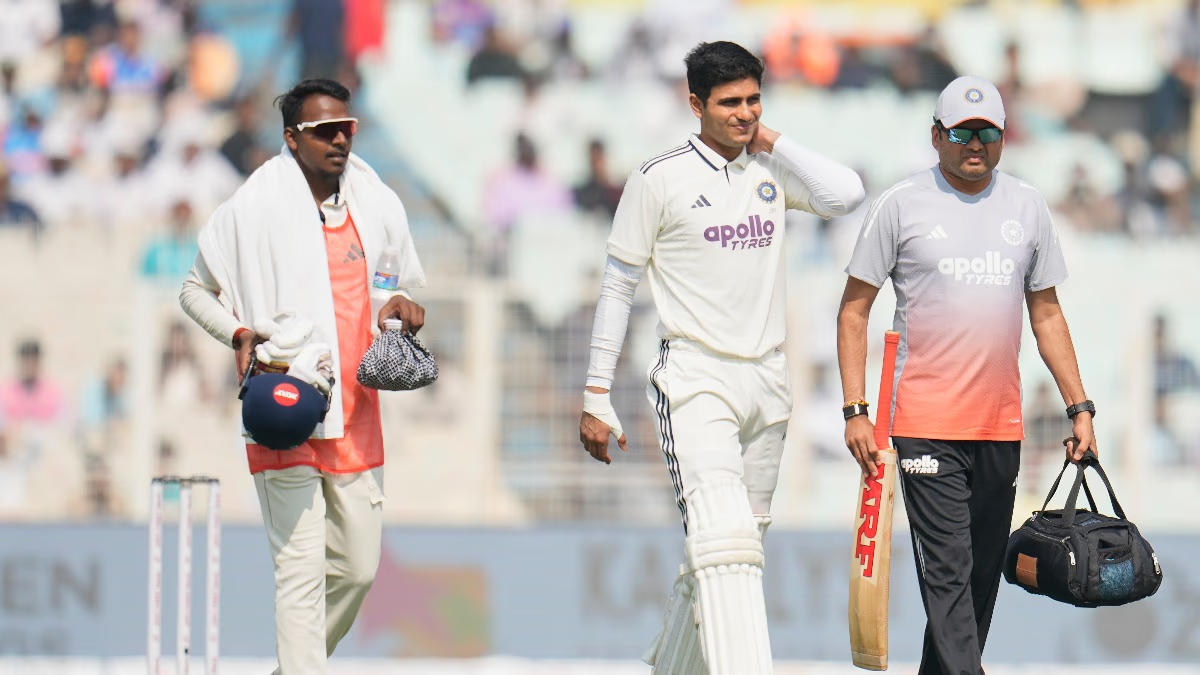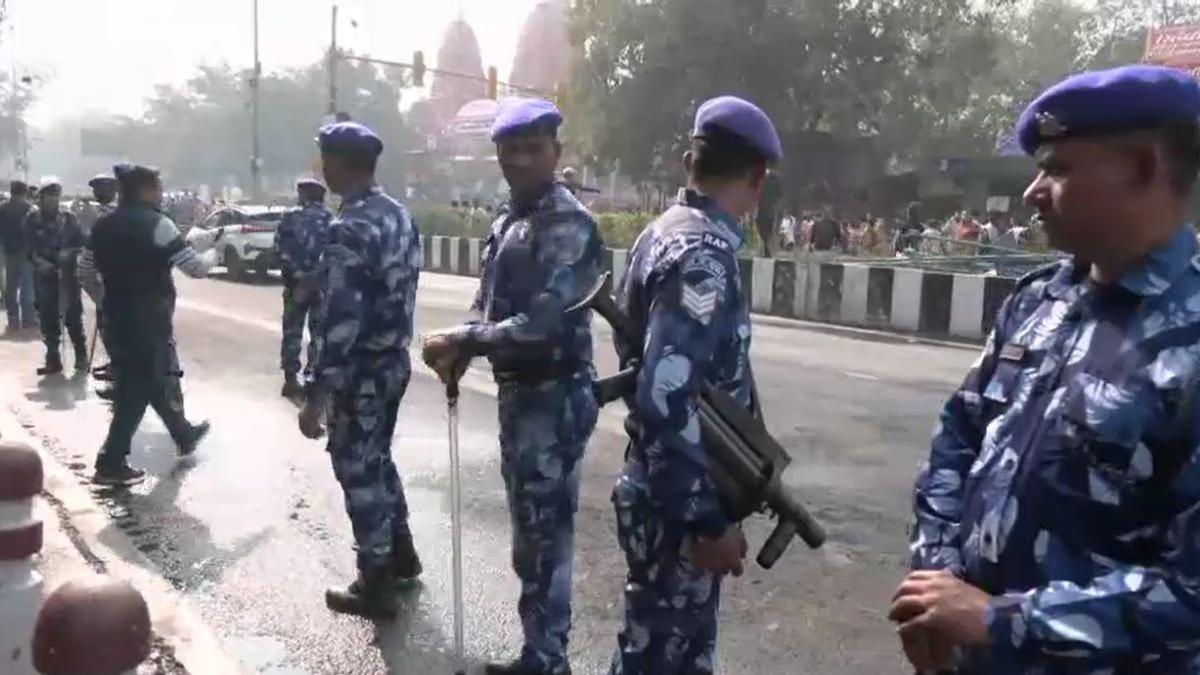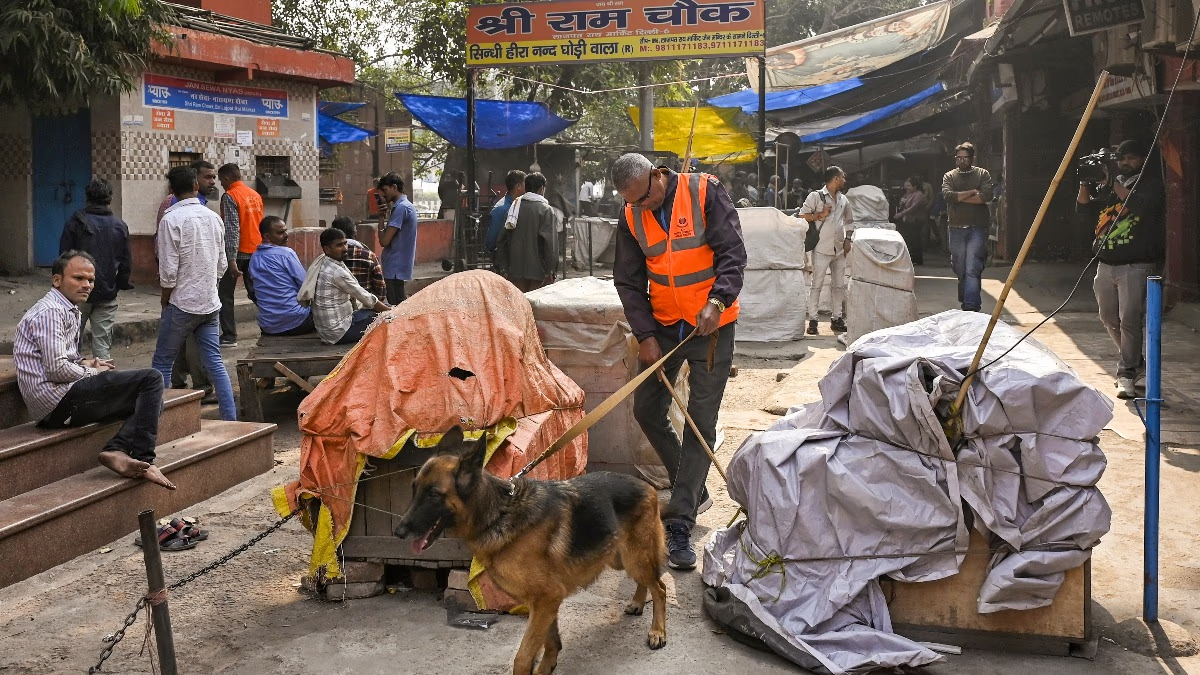The Delhi blast presented security agencies with a new face of terrorism, breaking long-standing assumptions. The myth that terrorism stems from poverty and ignorance was debunked with this investigation. The perpetrators revealed were educated, degree-holding individuals once trusted in society.
These 'White Collar Terrorists' demonstrated that education can sometimes fortify radicalism. This radicalized group thrives among us, wearing the trusted masks of society's professionals. Educated youths, tech-savvy individuals, and even 'life-saving doctors' now appear with a terrorist mindset.
Terrorists like Dr. Umar Nabi challenge the belief that professionals cannot be terrorists. India, the only country ever partitioned based on religion, still faces a persistent radical ideology. This notion, to fragment the nation, persists from Delhi to Kashmir.
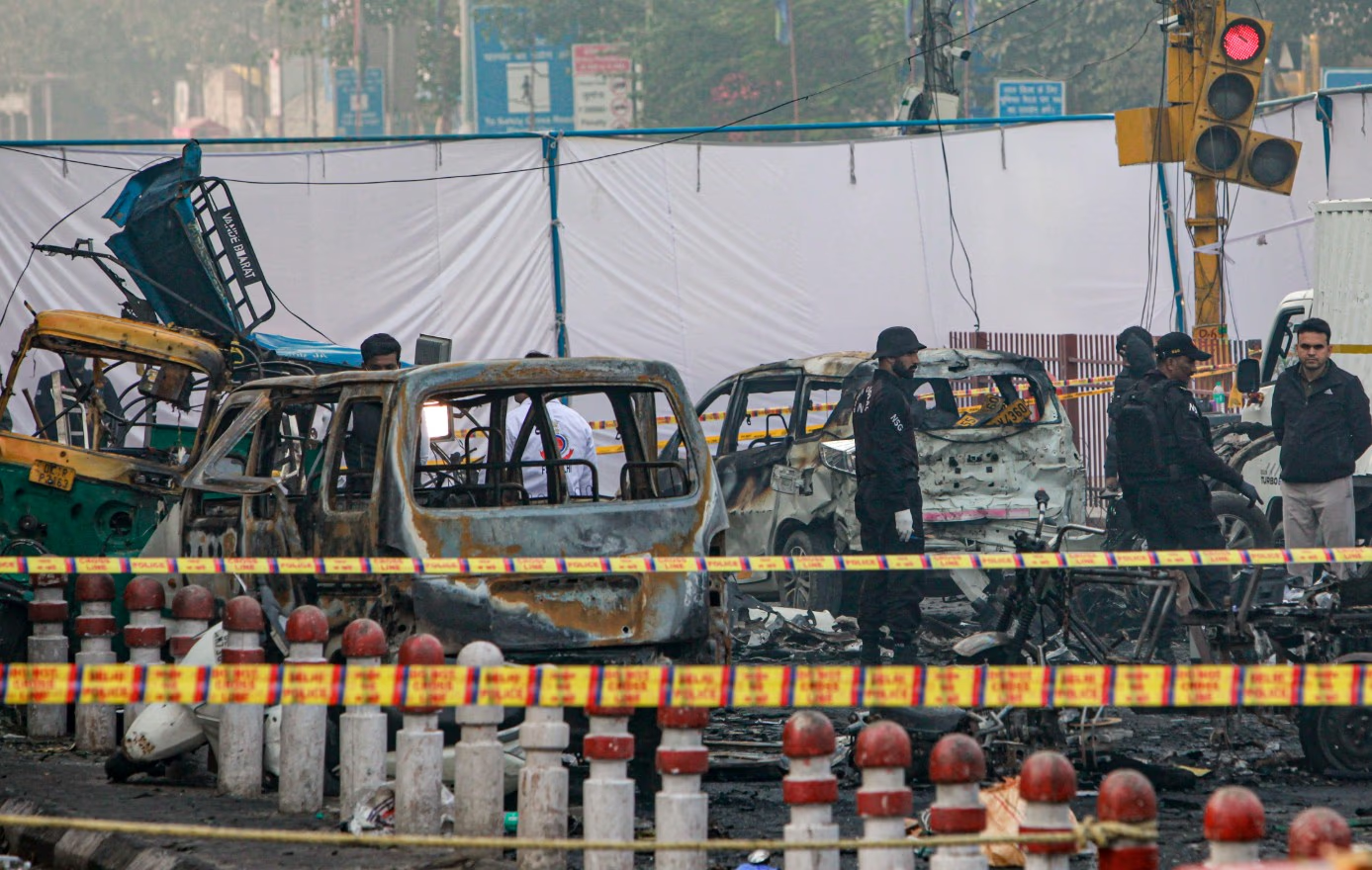
Source: aajtak
From emerging as the EGW network in Kashmir to 'Doctor Terror' bloodying the nation's capital, the six doctors implicated, with connections in eight cities, evidence the medical profession shielding an elaborate terrorist network across India. The entire country remains on high alert following the Delhi bombing.
The Indian government now classifies the incident as a terrorist attack. Investigative agencies are unraveling every link of this ideology, tracing connections from Delhi to Kashmir, Haryana to Kerala. A pivotal question remains: who is radicalizing these youth? How are such 'terrorist viruses' implanted?
Radical groups have shifted strategies, preparing educated bombers like Dr. Umar rather than foot soldiers like Kasab. This showcases a long-term vision for radicalization. Terrorists now wield medical knowledge, technical skills, and social networking, making white collar terror a pressing security threat.
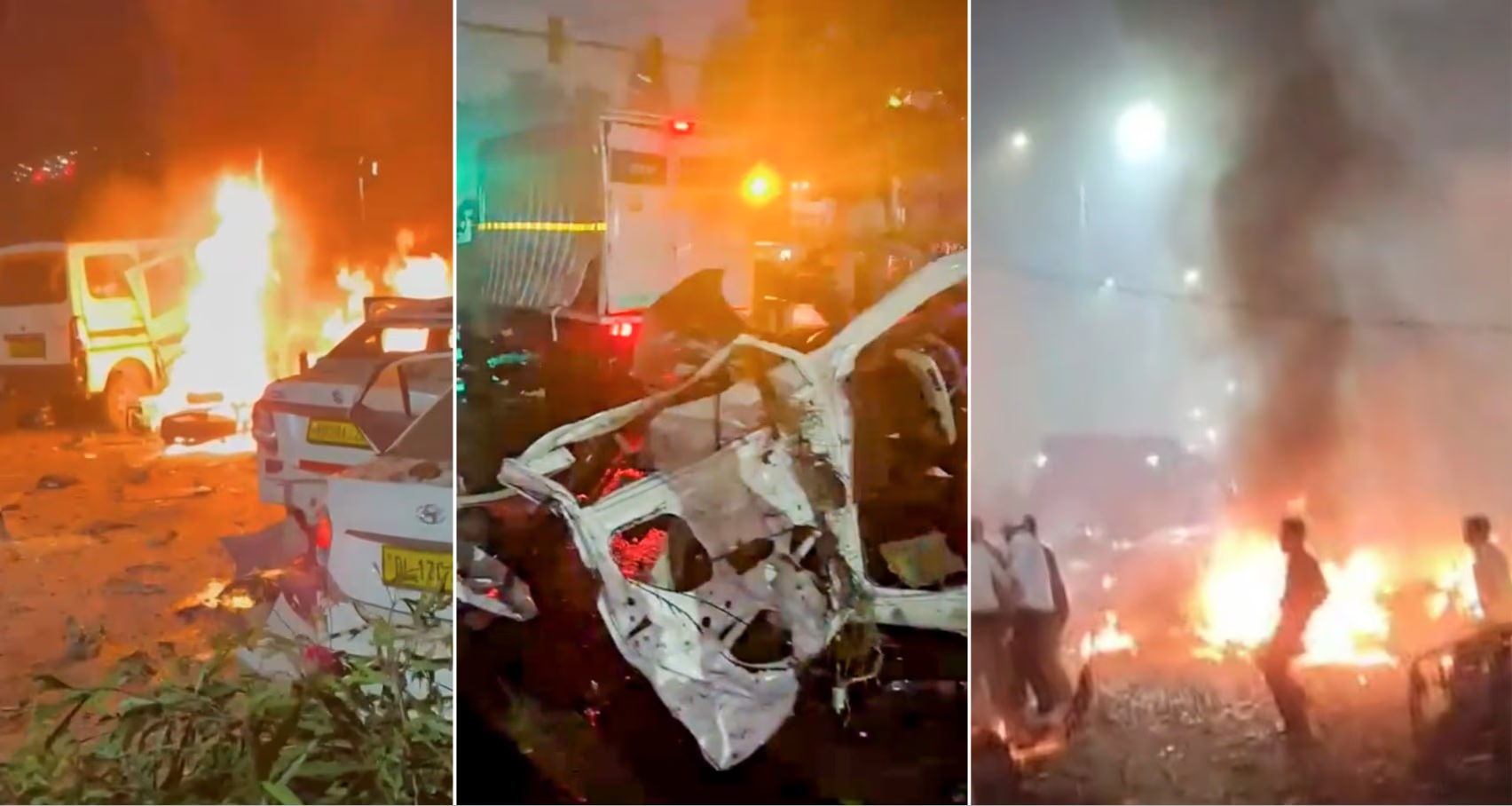
Source: aajtak
Previously, terrorists trained in remote mountain hideouts, but now the narrative has changed. Terrorism now lurks among university students in metro cities, adept with laptops, chemical formulas, and digital narratives. These individuals sustain jihadist trends on social media.
The question arises, why do educated youth choose this path? How do they become soft tools for terrorist organizations? This isn't the first instance of educated individuals turning to terrorism. Al-Qaeda's chief was an engineer; Osama bin Laden was highly educated; Umar Saeed Sheikh, involved in Daniel Pearl's murder, studied at the London School of Economics.
The 2005 London blasts, 9/11 aeronautical students, ISIS's European engineers, Sri Lankan business graduates, and India's Indian Mujahideen illustrate that professional radicalization isn't new. Jihadi networks now thrive on the internet, dark web, and encrypted chats, prompting NIA, IB, and Interpol to target sleeper cells.
International experts long associated terrorism with poverty, disenfranchisement, and social unrest. The truth is that terrorism is rooted in extremist ideologies. This mindset drives anti-India narratives, fuels campaigns like Ghazwa-e-Hind, and destroys lives. Eradicating white collar terrorism is imperative.
